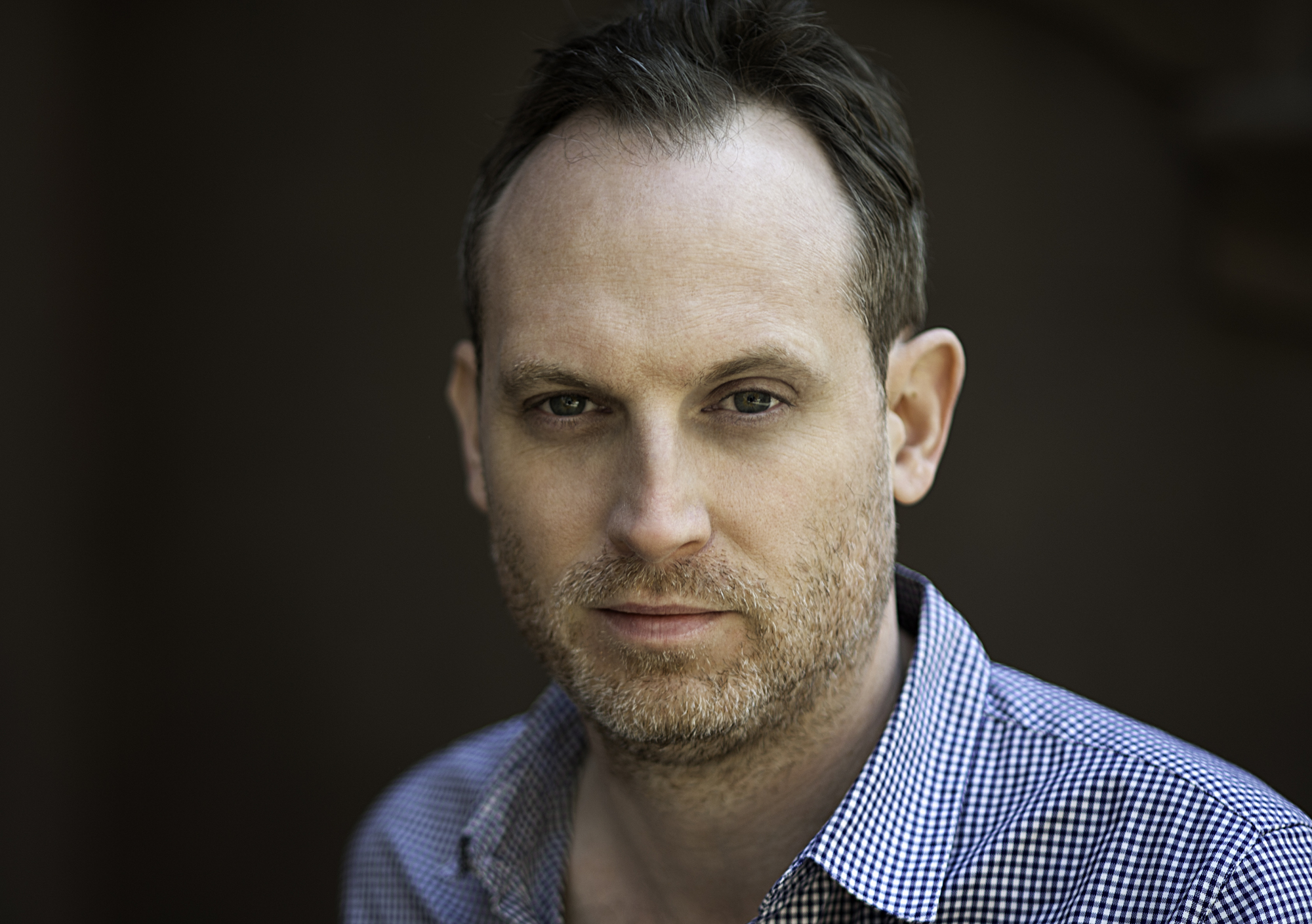When you conjure up the image of a bodyguard, do you see the typical dark suited, sunglass wearing athlete with the curly wire sticking out of his ear? Or perhaps you envision the rough looking former spec ops guy wearing BDU’s and the fashionable tan equipment vest over his short sleeved shirt which was supposedly designed to “conceal” his sidearm? How about the AR-15 slung around the neck of a very stoic and dangerous looking individual? These stereotypical figures have become associated with the term “bodyguard” in the modern world. Hardly anyone would notice the well dressed “associate” who accompanies the “boss” to meetings and social gatherings.
This is the guy or gal who always seem to know where they are going next, who everyone in the room is and, acts as a 21st century “Radar O’Reilly” of MASH fame. They hardly ever get introduced, but they are usually within arms length of the protectee or principle. With a cell phone positioned to their ear, they are often be preparing advanced routes and making other arrangements. Low profile and alert. Continually checking the exits and entrances. Lately, the trend is to receive “certification” in personal protection or executive protection to validate the competence of the protector. This is certainly a start, since many so-called bodyguards have little or no actual training. Some may be ex-police/military/PI’s/chauffeurs, etc, but few have had formal education in the basic skills necessary for the job. Fewer still have a realistic idea of what the job is all about. I have seen far too many believe that the role is to be the enforcer or muscle for their client. There are others who believe that being the wall that will provide “cover” for the boss is what they get paid for. There was a documentary on television a few years ago called the “Bullet Catchers.” It was an interesting, but incomplete, look at the bodyguard industry. Using the U.S. Secret Service and some high-end private firms as a foundation, these programs paint a picture of well choreographed professionalism. The fact that they seemed to have an unlimited supply of bodies and logistical equipment certainly helps them perform their mission. However, even with the manpower and other precautions, a well focused and determined bad guy can, and have done so, penetrate these defenses. One who studies these attacks on high profile clients can often see that the bodyguards are usually targets as well. Often, they are the primary target, since they are the biggest obstacle to success. Maybe “Bullet Catcher” is less accurate than “Bullet Magnet.”
It is not unusual, nor inappropriate, to use a show of force as a deterrent to attack. Entertainers who often wade into a crowd in order to be seen will often have a few huge men standing around them in order to discourage anyone from getting too close to them. You can be sure, however, with a professionally trained team, that an equal number of low profile protectors are within close range coordinating the movements. Next time you see a VIP or politician ( I don’t always equate the two), see if you can spot the protection team leader. Hint: Don’t look directly at the protectee.
For those who ask me about the field of personal protection, I find that most have the same romantic view of the profession that youngsters have of being a police officer. They want to help, protect, and make money doing an exciting job. I’m usually asked about firearms training, martial arts and driving skills required for the job. If those were the biggest qualifications for the job, there would be an endless pool of candidates returning from the military. Unfortunately, the mental aspects of providing protection and safety for a client are exhausting. Imagine spending a day, a week, months or longer making sure that your protectee doesn’t trip, have an embarrassing moment in public, or appear at a meeting late. Looking out for any and all possible dangers, as well as delays caused by vehicle trouble or bad weather. Does he or she have a change of clothing if needed? How about prescription medications or even water?
Takes a lot of the glamor right out of the job, doesn’t it?
Jerry MacCauley PPS, CST, is the Assistant Training Director with Sexton Executive Security, Inc. of Virginia, Maryland and Washington DC. After a 29 year law enforcement career, Jerry is now retired and specializes in training for Personal Protection Services (EP) as well as developing programs for individuals and corporations concerned with personal security issues. His blog and programs can be found at www.personalprotectionconcepts.info





